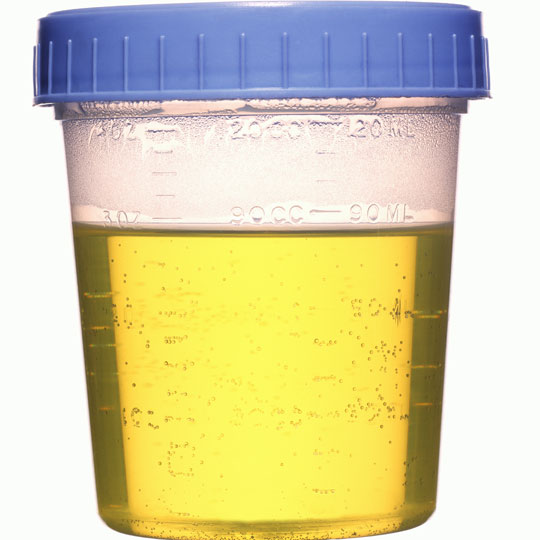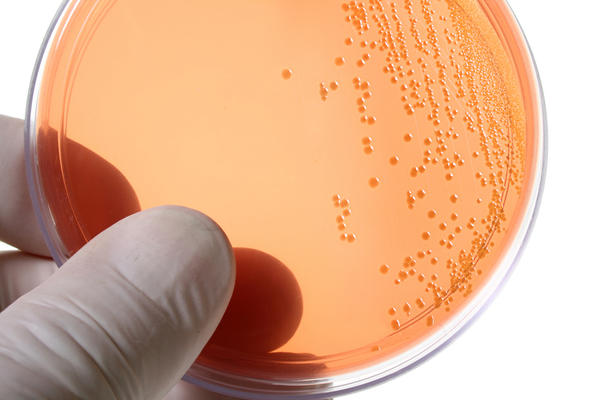SUNDAY, 18 MAY 2014
Nearly one in six women suffer from the stigma of incontinence due to an overactive bladder (OAB). The unexpected urge to urinate is caused by sudden bladder contractions. Nearly half of women with OAB do not respond to treatment. The cause of OAB is unknown, but new research from Loyola University in Chicago implicates bacteria living in the bladder.
"The presence of certain bacteria in women with overactive bladder appear associated with OAB symptoms," says Evann Hilt, lead investigator and master's student at Loyola University Chicago.
"If we determine that certain bacteria cause OAB symptoms, we may be able to better identify those at risk for this condition and prevent or more effectively treat affected patients. Further research is needed to determine if these bacterial differences are clinically relevant for the millions of women with OAB and the doctors who treat them," says Hilt.
This study used a new method to evaluate the urine of 90 women, with and without OAB. The new method is known as 'expanded quantitative urine culture' (EQUC), and involves collecting urine samples with a catheter for culture and genetic testing.
"While traditional urine cultures have been the gold standard to identify urine disorders in the past, they do not detect most bacteria and have limited utility as a result," said Dr Paul Schreckenberger, Director of the clinical microbiology laboratory at Loyola University. "They are not as comprehensive as the EQUC protocol."
The EQUC method applies larger volumes of urine and incubates plates for longer and under more varied conditions before identifying microorganisms by sequencing ribosomal RNA.
The researchers presented their findings, which build on earlier work, at the American Society for Microbiology meeting. One outcome of their research programme is what the authors consider a 'debunking' of the idea that urine is medically sterile (free from microorganisms).
Dr Linda Brubaker, co-author and dean of the Loyola University Stritch School of Medicine (SSOM), says, "Doctors have been trained to believe that urine is germ-free. These findings challenge this notion, so this research opens the door to exciting new possibilities for patient treatment."
If bacteria are always present in a healthy bladder, this raises serious questions for clinicians about when it is appropriate to treat bacteria in urine as an infection. Further research is needed to determine which types of bacteria are neutral or helpful at excluding the bacteria contributing to infection and symptoms of incontinence.


